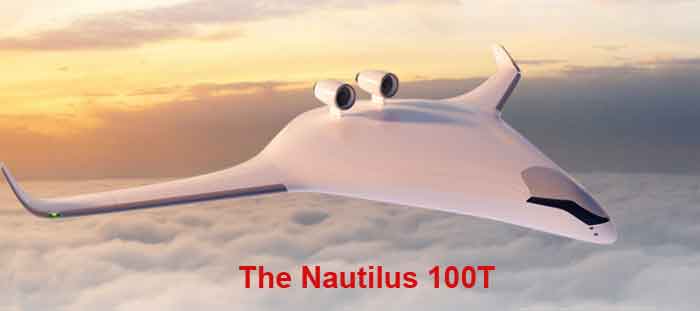| |
|
| |
|
 |
Supply
Chain by the Numbers |
| |
|
| |
- Feb. 17, 2022
|
| |
|
| |
|
| |
|
| |
Wholesale Inflation in January Surges to Near Record Level; Demand High for Air Cargo Drones; Some Modest Good News on Global Warming Front; Container Carrier Maersk Line Acquiring more US Distribution Centers |
| |
|
| |
| |
| |
| |
9.7% |
|
| That was the huge rise in January in the US producer price index (PPI), which measures wholesale prices - just off the record high gain in one month. The PPI also rose 1% in January versus December, on pace for a 12% annual arise, as inflation is becoming a huge economic issues. All that according to a report this week from the Labor Department. As has been the case for most of the past year, the price for goods prices rose much faster (1.3%) than those for services (0.7%). Energy prices jumped 2.5% in January versus December, while food increased a sharp 1.6%. “PPI offers a window to the price pressures that businesses are facing, and which will likely be passed on to consumers in the way of consumer price inflation in the months to come,” PNC economist Kurt Rankin wrote after the news. Interest rate hikes are certainly coming from the Federal Reserve to slow things down – with an unknown impact on the overall economy. |
|
|
| |
| |
|
|
|
| That for years was the worst case scenario predicted for the rise in global temperatures by the end of this century due to greenhouse gases – a level that would certainly have catastrophic impacts. By comparison, the Paris Climate Agreement of 2015 was designed to limit global warming this century to 3.6 degrees Fahrenheit over pre-industrial temperatures. But now new research by the University of Colorado Boulder, published in the journal Environmental Research Letters, finds the extreme 9 degree rise is no longer plausible. That, the researchers say, is because the previous estimates were based on outdated data from 15 years ago that did not take into account recent efforts to reduce emissions. Instead, the Colorado study said that temperatures are likely to rise by no more than 4 degrees Fahrenheit by 2100 - and the 3.6F goal “is still within reach” if emission reductions continue. Good news, of sorts. |
| |
| |
|
|
| |
| |
$6 Billion |
 |
That is the value of advanced orders a San Diego-based company called Nautilus said last week it has for its developing portfolio of air cargo drones, representing 440 unmanned aerial vehicles (UAVs) of varying sizes. One of the larger UAVs, the model 100T, will have two turbofan engines, 110 metric tons of cargo capacity, and 5,400 nautical miles of range. The first production run of the craft is expected in 2025. Nautilus says drones provide a great solution between ocean shipping and traditional air cargo, the latter of which is often shipped in the bellies of passenger aircraft. Company CEO Aleksey Matyushev says “Nautilus intends to revolutionize the transport industry by providing the timeliness of air freight at an affordable cost reduction of 60%, making air cargo transport substantially more competitive.” Nautilus says the use of UAV’s will also reduce carbon emissions by 50%. |
| |
| |
| |
| |
| |
|
|
|
| |
 |
 |
| |
 |
![]() |
 |
|
| |
 |
Feedback |
|
|
|
![]()
|
No Feedback on this article yet.
|
|
![]() |
|
|
|
![]() |
 |
![]() |
 |
|
| |